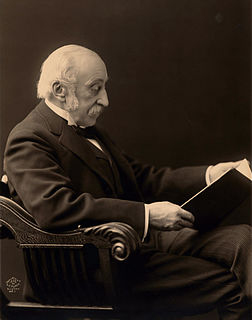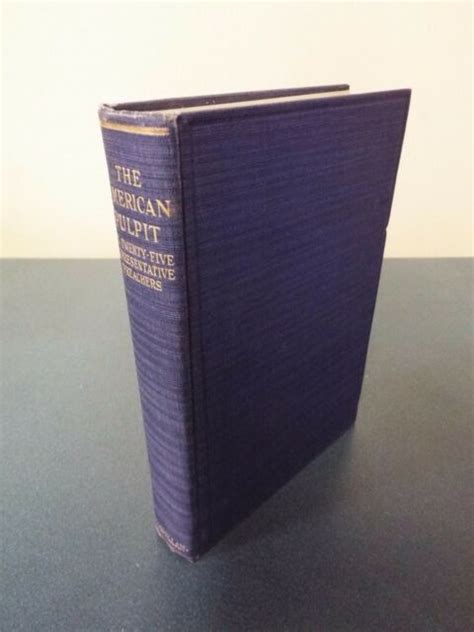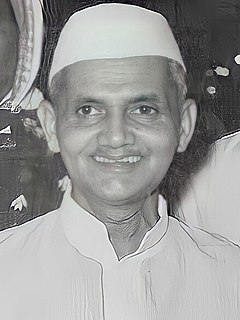A Quote by Thomas Jefferson
I do not believe war the most certain means of enforcing principles. Those peaceable coercions which are in the power of every nation, if undertaken in concert and in time of peace, are more likely to produce the desired effect.
Related Quotes
Nationalist Socialist Germany wants peace because of its fundamental convictions. And it wants peace also owing to the realization of the simple primitive fact that no war would be likely essentially to alter the distress in Europe. The principal effect of every war is to destroy the flower of the nation. Germany needs peace and desires peace!
So a war begins. Into a peace-time life, comes an announcement, a threat. A bomb drops somewhere, potential traitors are whisked off quietly to prison. And for some time, days, months, a year perhaps, life has a peace-time quality, into which war-like events intrude. But when a war has been going on for a long time, life is all war, every event has the quality of war, nothing of peace remains.
How could a readiness for war in time of peace be safely prohibited, unless we could prohibit, in like manner, the preparations and establishments of every hostile nation? The means of security can only be regulated by the means and the danger of attack. They will, in fact, be ever determined by these rules, and by no others . . . . If one nation maintains constantly a disciplined army, ready for service of ambition or revenge, it obliges the most pacific nations who may be within the reach of its enterprises to take corresponding precautions.
Our object now, as then, is to vindicate the principles of peace and justice in the life of the world as against selfish and autocratic power, and to set up among the really free and self-governed peoples of the world such a concert of purpose and of action as will henceforth insure the observance of those principles.
In the performance of an illocutionary act in the literal utterance of a sentence, the speaker intends to produce a certain effect by means of getting the hearer to recognize his intention to produce that effect; and furthermore, if he is using the words literally, he intends this recognition to be achieved in virtue of the fact that the rules for using the expressions he utters associate the expression with the production of that effect.
What is true is that the idea of power corrupts. Power corrupts most rapidly those who believe in it, and it is they who will want it most. Obviously, our democratic system tends to give power to those who hunger for it and gives every opportunity to those who don't want power to avoid getting it. Not a very satisfactory arrangement if power corrupts those who believe in it and want it.
There never was a good war," said Franklin. "There have indeed been many wars in which a good man must take part, and take part with grave gladness to die if need be, a willing sacrifice, thankful to give life for what is dearer than life, and happy that even by death in war he is serving the cause of peace. But if a war be undertaken for the most righteous end, before the resources of peace have been tried and proved vain to secure it, that war has no defense, it is a national crime.
PRACTICE OF THE Art of Peace is an act of faith, a belief in the ultimate power of nonviolence. It is faith in the power of purification and faith in the power of life itself. It is not a type of rigid discipline or empty asceticism. It is a path that follows natural principles, principles, that must be applied to daily living. The Art of Peace should be practiced from the time you rise to greet the morning to the time you retire at night.
The twentieth century had dispensed with the formal declaration of war and introduced the fifth column, sabotage, cold war, and war by proxy, but that was only the begining. Summit meetings for disarmament pursued mutual understanding and a balance of power but were also held to learn the strengths and weaknesses of the enemy. The world of the war-or-peace alternative became a world in which war was peace and peace war.
































